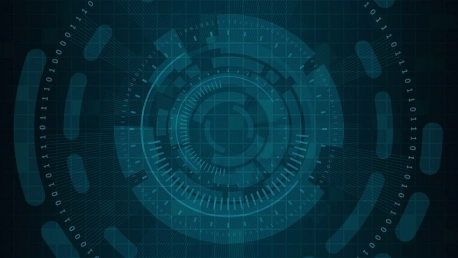Anil Sabharwal, Vice President of Product at Google, advised governments and business everywhere about the future impact of the current boom of artificial intelligence (AI) on jobs and society. Sabharwal said that policymakers and academia must unite to establish improvements for all as tech gets better and better. Heated discussions about the impact of AI and automation on the future of work are already a common thing. Humanity has already experienced three industrial revolutions that radically changed society and now a fourth is building on the third. So what makes it so special?
To sum up, speed is what makes things different. The digital revolution is accelerating at a very fast pace and so are its effects. AI seems to be the buzzword for now, as it has been for the last three years. Many new elements seem to confirm the trend: vehicles and drones, virtual assistants like Siri, Cortana and Alexa, machine learning software and even smart buildings and cities. Rapid AI development allows machines to learn faster and faster and to perform tasks more efficiently. And robots never get tired or sick, nor do they ask for a leave. This may be good news for routine and repetitive tasks, but it may also mean disruption across multiple industry sectors.
Asking an expert
Anil Sabharwal says that AI is actually a mix of human skills and that tech should be used towards building a better future. That means that future technology may enable humans to do more, rather than replace millions of workers worldwide. But a bright future might depend on policymakers and academia seizing opportunities to future-proof tomorrow’s jobs. “We can’t kick the can down the road and say ‘I guess we’ll see what happens in 15 years’, because the decisions we make today are going to create the environment in which AI applications are built and how they are used,” Sabharwal stated.
Google has done much more than just talking about the future. According to the company’s blog, the Grow with Google program aims to provide training for future employees by giving them access to mentoring and online courses. The results of this program were quick to follow: users were provided with new digital skills that improved their CVs and expanded businesses online. Google said it has coached around 3 million people across Europe to date and it is estimated to train as many as 1 million Europeans by 2020.
Through the looking-glass
AI is said to bring about critical changes in all industries, from agriculture and cyber-security to healthcare and the insurance sector. The best governments in the world compete over the latest AI research as everyone is trying to have the upper hand. But when it comes to the future of work, not everybody is on the same page. As the US and Europe seem more and more concerned about the different ways in which AI might disrupt the future of the workforce, Russia is looking into the possibility of taking in 15.000 South African farmers.
According to Russia Today (RT), a delegation has already arrived in the Stavropol Region and offered their services to the country. The farmers are expected to boost Russia’s growing agricultural sector and invest their savings in the country. As their own government is planning to expropriate their land and with concern for violence on the rise, the Boers were quoted to say that their new home “is created by God for farming. All this is very attractive.” It seems that the future of the workforce is an issue for governments everywhere, but the solutions couldn’t be more different.
Although jobs performed by unskilled workers are easier to automate, these are not the only ones expected to be disrupted by the AI and automation trend. Some reports point out that more and more “white collar” jobs could be partially automated in the near future in order to increase efficiency. As tech giants are struggling to explain the effects of their products, policy makers and academia may need to contribute in order to create a safe environment for all workers. Other countries are also facing their own problems regarding the labor force and they seem to be coming up with new and unexpected solutions. As the new tech is also expected to cause an explosion of new job opportunities, one thing is certain: everyone needs to prepare.









